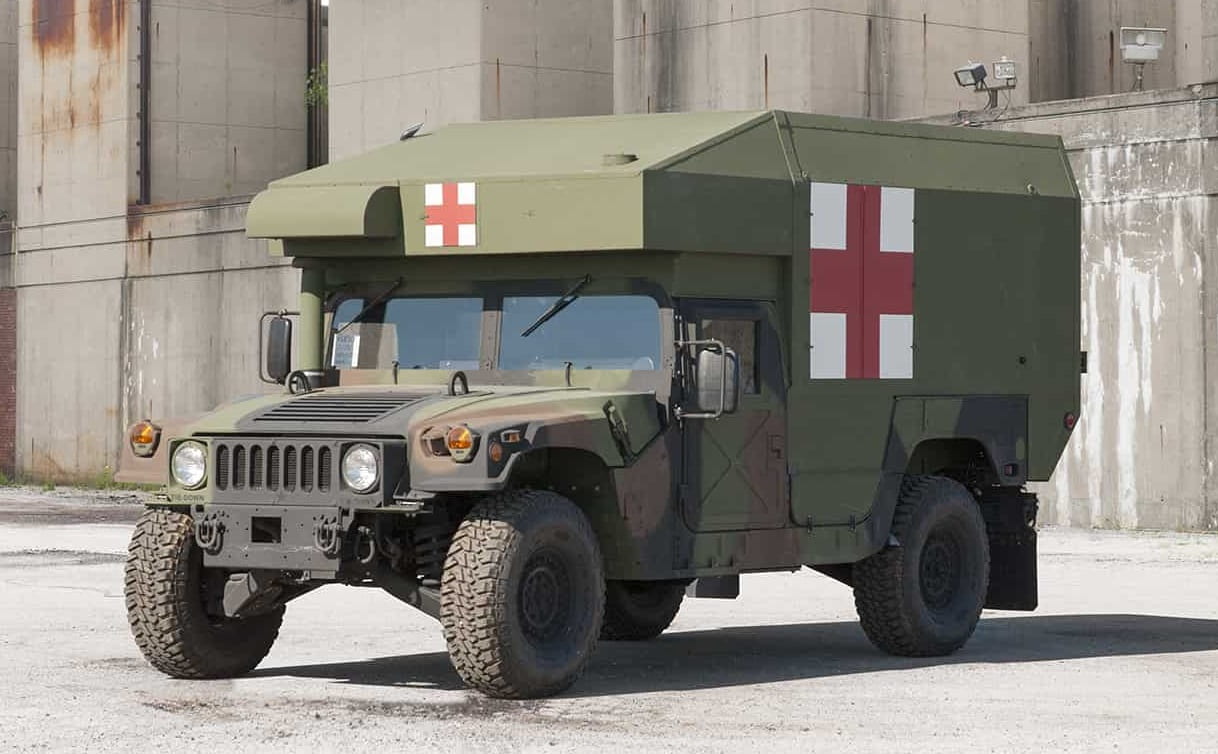
The U.S. Department of Defense (DoD) announced on 14 September that AM General has been awarded orders worth $562 million from the U.S. Army to supply new High Mobility Multipurpose Wheeled Vehicles (HMMWVs) in ambulance configuration.
According to the DoD’s statement, AM General LLC was awarded a $562,478,542 hybrid (cost and firm-fixed-price) contract for the procurement of High Mobility Multipurpose Wheeled Vehicles ambulance.
Also notes that all work locations and funding will be determined with each order, with an estimated completion date of March 13, 2024.
According to the AM General, the HMMWV platform performs more mission roles than any other tactical vehicle in the world. The modern HMMWV built by AM General, today includes many improvements throughout the vehicle to include a high performance, rugged and reliable automotive system.
On the HMMWV platform designed M997A3 ambulance vehicle, which is equipped with advanced armor protection, these combat ambulances were built to reliably transport causalities from the battlefield to medical aid stations. Capable of transporting up to four litter patients, eight ambulatory patients—or a combination of both—as well as medical personnel, equipment and a driver, the M997A3 is dependable in the face of danger.
The ambulance can be heated, ventilated or air conditioned, depending on environmental conditions.
For operation in a nuclear, biological or chemical (NBC) environment, the M977A3 can be equipped with a Gas-Particulate Filter Unit (GPFU) with heaters capable of supporting up to seven personnel equipped with either M25 series protective masks or M13 series patient-protective masks.
The GPFU sends temperature-controlled, filtered air to individual face masks, increasing protection, making breathing easier and reducing stress and heat fatigue during extended periods of NBC operation.